On April 11, 1835, Thaddeus Stevens gave a speech in the Pennsylvania House of Representatives in defense of the Free Schools Act of 1834. The day before the Pennsylvania Senate had voted to repeal this act, but Stevens’ speech moved the state House to vote against repeal and the Senate to take another vote in support of free public schools.
In his speech to the House of Representatives, Stevens said:
I will attempt to show that the law is salutary, useful and important; and that, consequently, the last Legislator acted wisely in passing, and the present would act unwisely in repealing it. That instead of being oppressive to the people, it will lighten their burdens, while it elevates them in the scale of human intellect.
It would seem to be humiliating to be under the necessity, in the nineteenth century, of entering into a formal argument to prove the utility, and to free Governments, the absolute necessity of education.
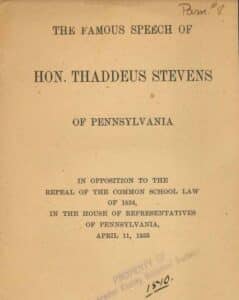 . . . If an elective Republic is to endure for any great length of time, every elector must have sufficient information, not only to accumulate wealth and take care of his pecuniary concerns, but to direct wisely the Legislatures, the ambassadors, and the Executive of the Nation — for some part of all these things, some agency in approving or disapproving of them, falls to every freeman. If, then, the permanency of our Government depends upon such knowledge, it is the duty of Government to see that the means of information be diffused to every citizen. This is a sufficient answer to those who deem education a private and not a public duty — who argue that they are willing to educate their own children, but not their neighbor’s children.
. . . If an elective Republic is to endure for any great length of time, every elector must have sufficient information, not only to accumulate wealth and take care of his pecuniary concerns, but to direct wisely the Legislatures, the ambassadors, and the Executive of the Nation — for some part of all these things, some agency in approving or disapproving of them, falls to every freeman. If, then, the permanency of our Government depends upon such knowledge, it is the duty of Government to see that the means of information be diffused to every citizen. This is a sufficient answer to those who deem education a private and not a public duty — who argue that they are willing to educate their own children, but not their neighbor’s children.
. . . But we are told that this law is unpopular; that the people desire its repeal. Has it not always been so with every new reform in the condition of man? Old habits and old prejudices are hard to be removed from the mind. . . . But, sir, much of its unpopularity is chargeable upon the vile arts of unprincipled demagogues. Instead of attempting to remove the honest misapprehensions of the people, they cater to their prejudices, and take advantage of them, to gain low, dirty, temporary, local triumphs. I do not charge this on any particular party.
. . . Sir, I trust that when we come to act on this question, we shall all take lofty ground — look beyond the narrow space which now circumscribes our vision — beyond the passing, fleeting point of time on which we stand; and so cast our votes that the blessing of education shall be conferred on every son of Pennsylvania — shall be carried home to the poorest child of the poorest inhabitant of the meanest hut of your mountains, so that even he may be prepared to act well his part in this land of freemen, and lay on earth a broad and solid foundation for that enduring knowledge which goes on increasing through increasing eternity. Read in full.

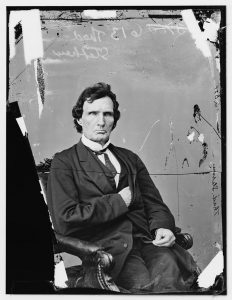
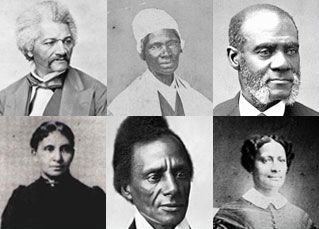
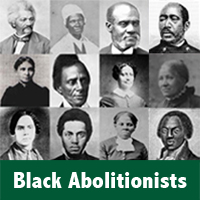
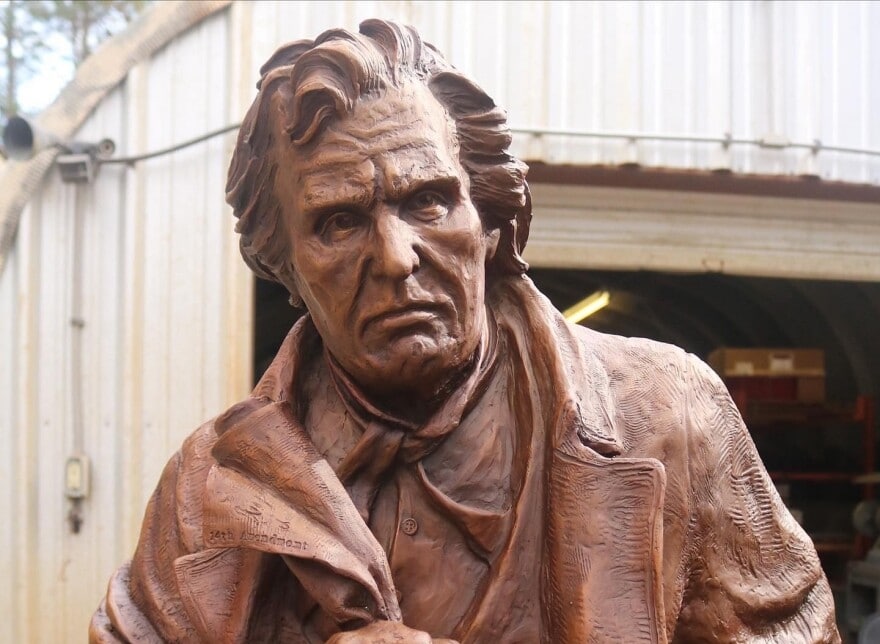
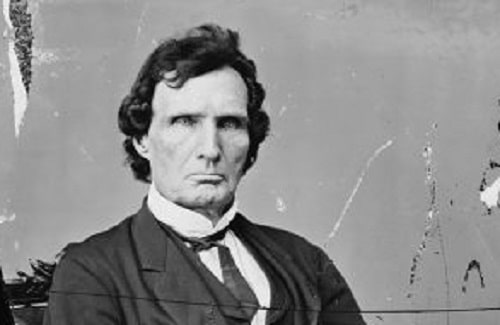





Twitter
Google plus
LinkedIn